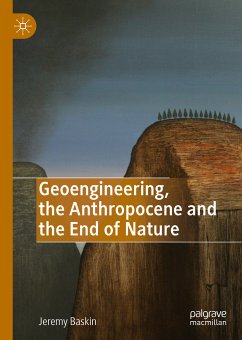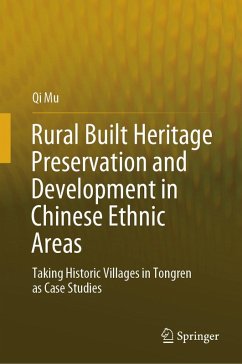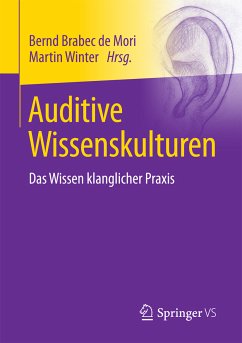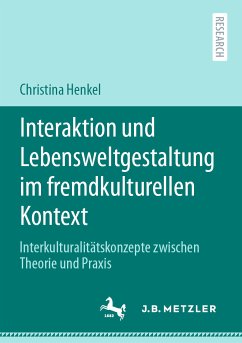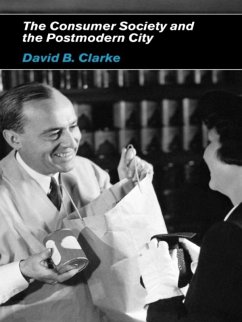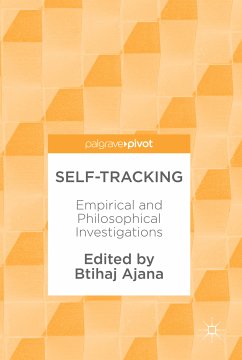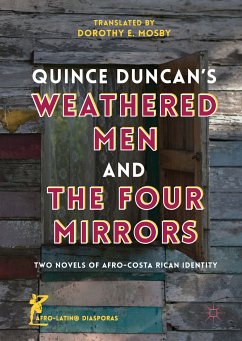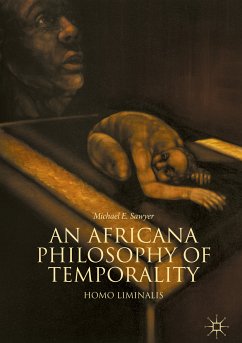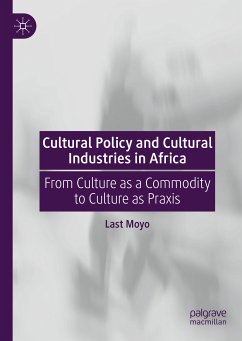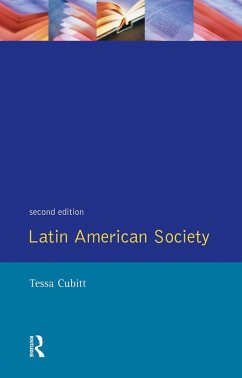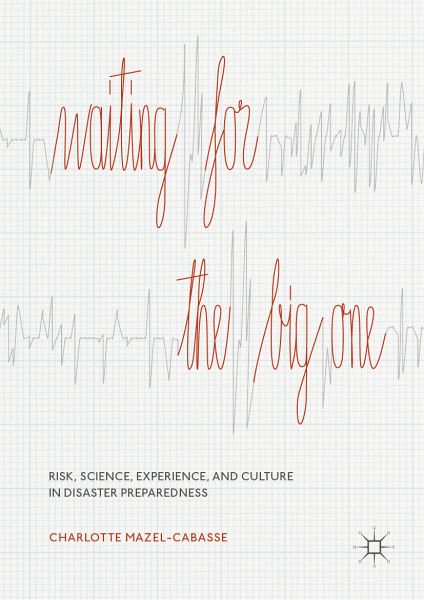
Waiting for the Big One (eBook, PDF)
Risk, Science, Experience, and Culture in Disaster Preparedness
Versandkostenfrei!
Sofort per Download lieferbar
52,95 €
inkl. MwSt.
Weitere Ausgaben:

PAYBACK Punkte
26 °P sammeln!
This book helps understand how the future Big One (a large-scale and often-predicted earthquake) is understood, defined, and mitigated by experts, scientists, and residents in the San Francisco Bay Area. Following the idea that earthquake risk is multiple and hard to grasp, the book explores the earthquake's "mode of existence," guiding the reader through different epistemic moments of the earthquake-risk definition. Through in-depth interviews, the book provides a rarely seen anthropology of risk from the perspective of experts, scientists, and concerned residents for whom the possibility of ...
This book helps understand how the future Big One (a large-scale and often-predicted earthquake) is understood, defined, and mitigated by experts, scientists, and residents in the San Francisco Bay Area. Following the idea that earthquake risk is multiple and hard to grasp, the book explores the earthquake's "mode of existence," guiding the reader through different epistemic moments of the earthquake-risk definition. Through in-depth interviews, the book provides a rarely seen anthropology of risk from the perspective of experts, scientists, and concerned residents for whom the possibility of partial or complete destruction of their living environment is a constant companion of their everyday lives. It argues that the characterization of the threats and the measures taken to limit its impacts constitute an integrated part of both their residential experiences and their professional practices.
Dieser Download kann aus rechtlichen Gründen nur mit Rechnungsadresse in A, B, BG, CY, CZ, D, DK, EW, E, FIN, F, GR, HR, H, IRL, I, LT, L, LR, M, NL, PL, P, R, S, SLO, SK ausgeliefert werden.



